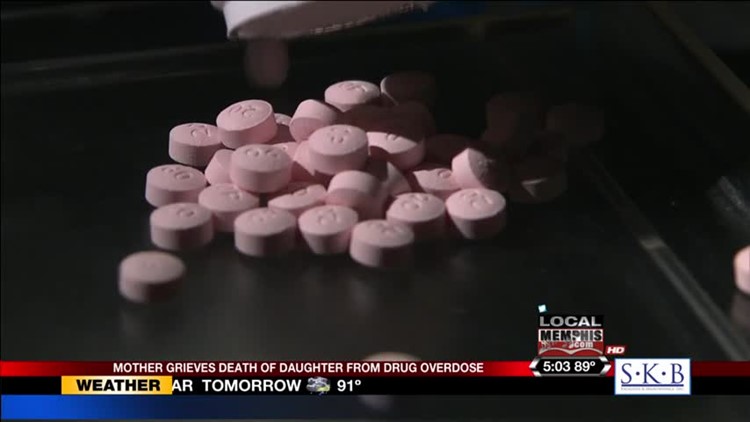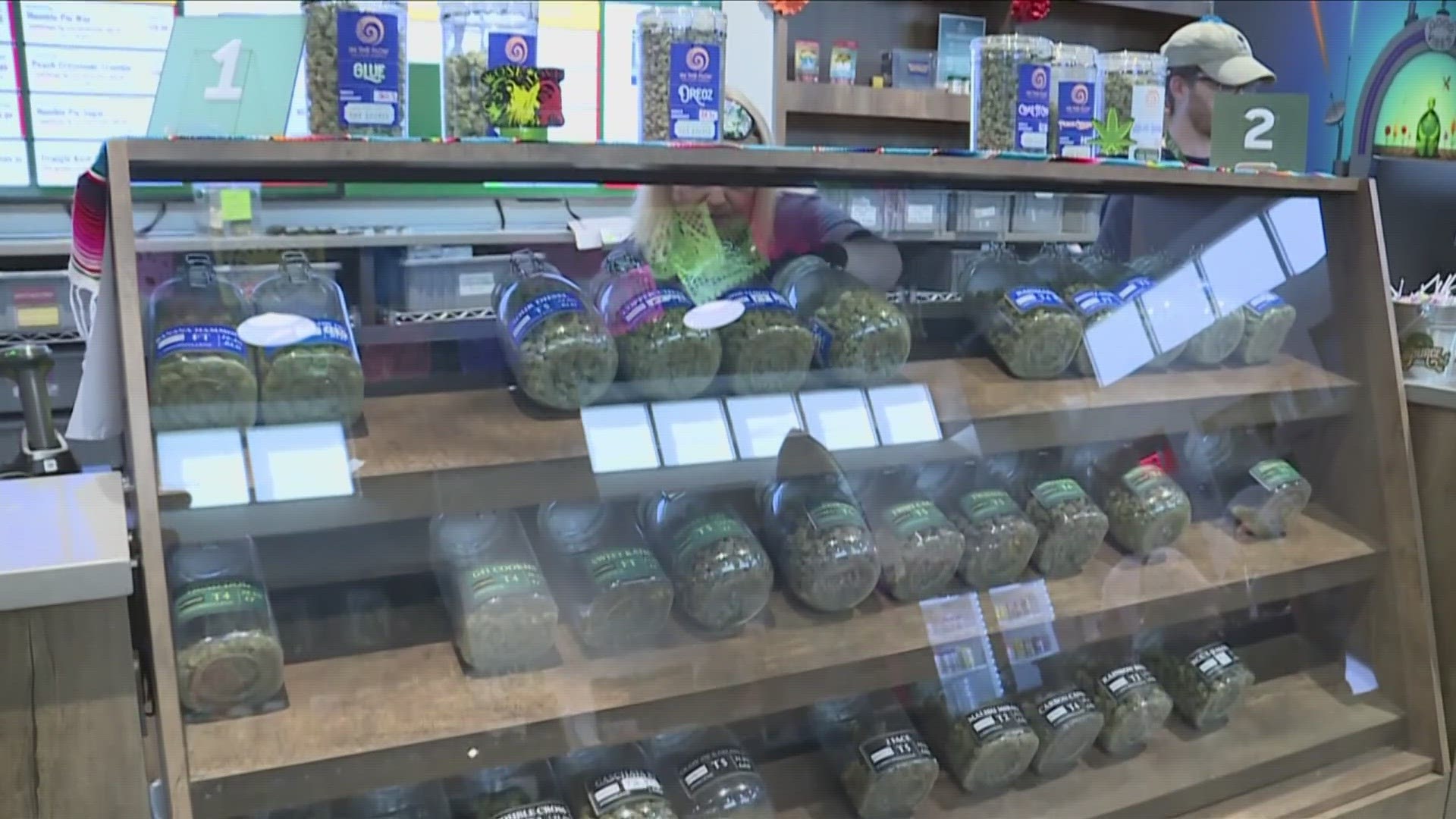Last year, a record number of Tennesseans died from drug overdoses, affecting families of all races and income levels.
The 1631 deaths in the volunteer state represented a 12% increase of the 1451 deaths in 2015.
The front line to combat the constant and relentless challenges of heroin and opioid addiction are being fought at place like Hearts for Hope and Healing, which offers treatment and support.
“You just try to figure out, how did this happen?” May 20th would be the last time Angel Gibson would speak to her daughter Destiny Ewing. Despite being nine months sober, 21-year-old Ewing relapsed, accidentally overdosed, and died, with heroin and fentanyl in her system.
“They just wanted to numb the pain and they didn’t know how to cope with it,” says Gibson.
“To lose your son to addiction is unimaginable.” Yet that became Sharon Stephens’ reality February 8th. One day after graduating from a rehab program, her 29-year-old son Cody relapsed, accidentally overdosed on fentanyl and heroin, and died. “As much as we tried to help Cody, it just didn’t seem to work.”
Those deaths continue a troubling trend across Tennessee. From 2012 to 2016 in Shelby County, health officials reported a 52% increase of such deaths.
“I think people are just totally unaware, it is a huge tragic epidemic,” says Gibson.
Tuesday, the Shelby County Health Department statement released a statement which says:
“We are currently working on an action plan in conjunction with the Tennessee Department of Health. Key action steps for families include coordinating a plan for pain management with your health care provider and locking away and safely storing all prescription opioids.”
Among the different types of drugs, the state health department reports deaths related to fentanyl increased 74% from 2015 to 2016 across Tennessee.
Stephens hope lawmakers take notice, and take the epidemic seriously. “It’s a whirlwind, you don’t know where to turn, you don’t know how to help, there’s not programs out there for those who are uninsured without a waiting list.”
After losing her son, Stephens is refocusing her pain into a more positive purpose, by supporting other families who lost loved ones to substance abuse. “There’s a part of me that will never be the same, and so my mission is to reach out and help these other women, help these other fathers, help these other siblings,” says Stephens.
Gibson added this advice to parents whose children are dealing with drug addiction. “Don’t stop at the first ‘no.’ It is going to be difficult to try and get these kids into inpatient help, because it’s such an epidemic, but you cannot give up.”



